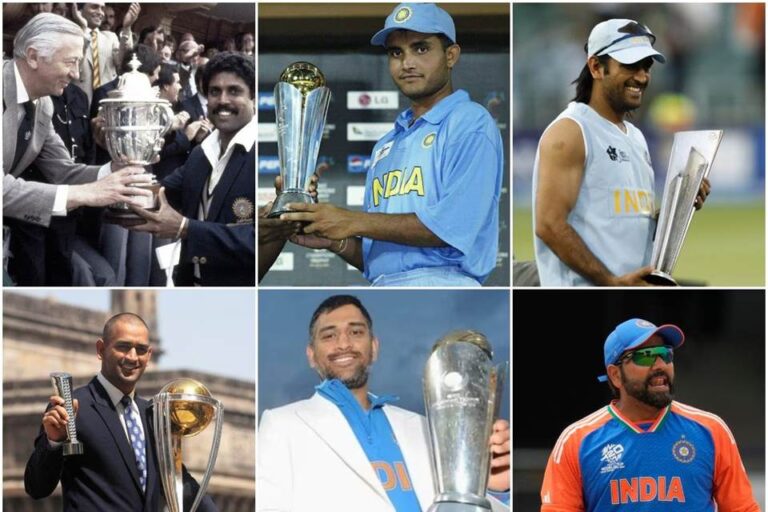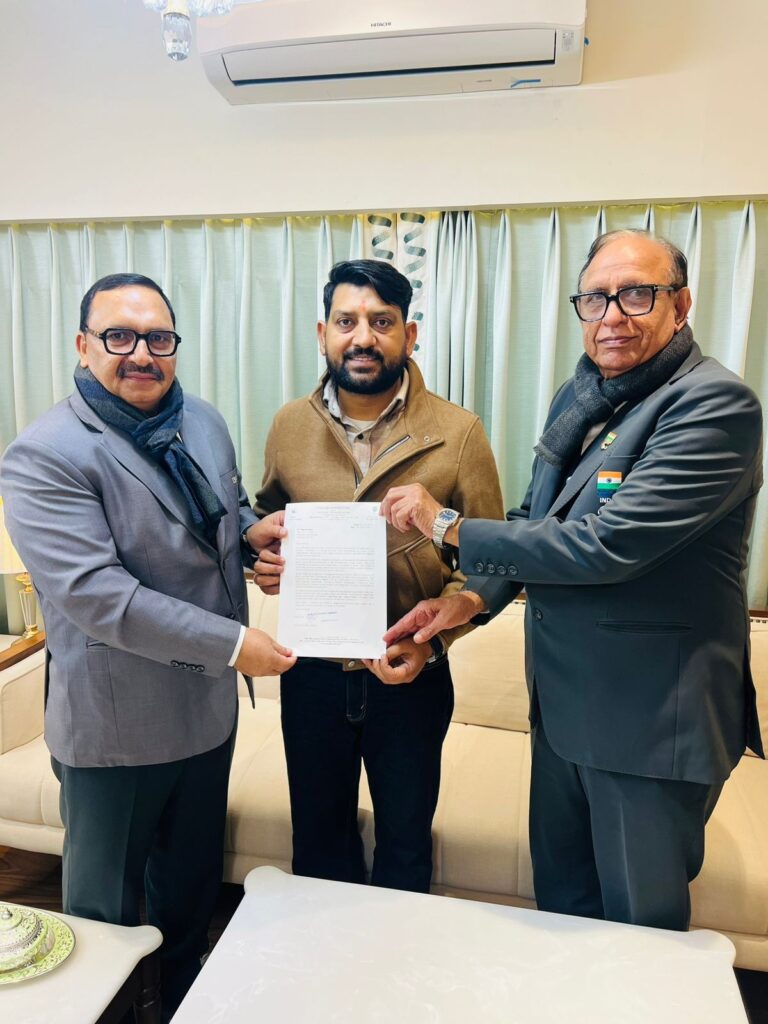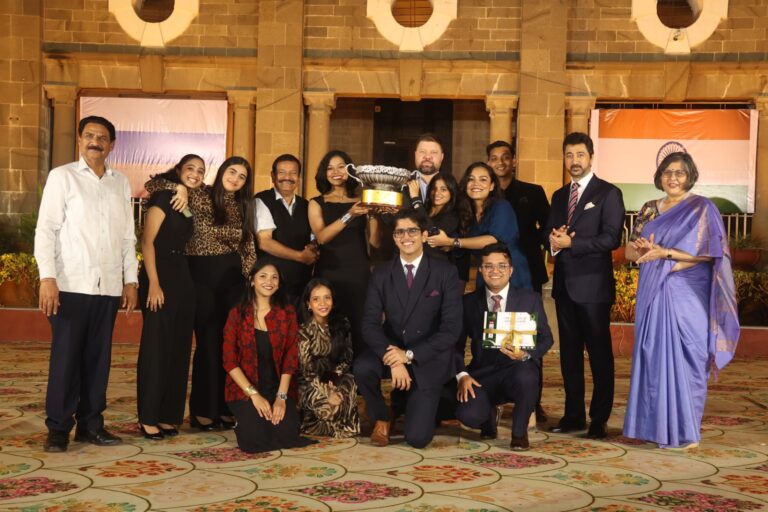
Congress leader Rahul Gandhi has been granted relief by the Supreme Court, as his conviction in the defamation case relating to a remark on the Modi surname has been stayed. Following the court’s ruling, Gandhi expressed his commitment to safeguarding the idea of India, reaffirming his dedication to public service.
In a post on X (formerly Twitter), Rahul Gandhi stated, “Come what may, my duty remains the same. Protect the idea of India.” Party workers warmly welcomed the Congress leader at the All India Congress Committee headquarters in New Delhi. The party celebrated the court’s decision to stay his conviction, which had resulted in his disqualification as an MP.
The Congress party hailed the Supreme Court’s interim order as a “strong vindication of truth,” asserting that the Constitution’s principles had been upheld, and the BJP’s attempts to target Gandhi had been exposed.
The court granted relief to Rahul Gandhi but reminded individuals in public life to exercise caution in their public speeches. The court emphasized that the trial court’s order had significant implications, and that the Congress leader should have been more careful with his remarks.
The trial judge had sentenced Gandhi to two years imprisonment, leading to his disqualification as an MP from Kerala’s Wayanad constituency. However, with the Supreme Court’s stay on his conviction, the Lok Sabha speaker now has the option to reinstate Gandhi’s membership, or the Congress leader himself can seek the restoration of his status as an MP, citing the top court’s order.
The defamation case against Rahul Gandhi was filed by former Gujarat minister Purnesh Modi, based on a remark made by Gandhi during an election rally in Karnataka’s Kolar in 2019. The comment, “How come all thieves have Modi as the common surname?” sparked controversy and resulted in legal repercussions for the Congress leader.
The Supreme Court’s decision comes as a significant relief for Rahul Gandhi and the Congress party, allowing him to resume his role as an active political leader and contest elections once again. As the political landscape continues to evolve, Gandhi’s return to the political arena may have implications for future electoral dynamics.








